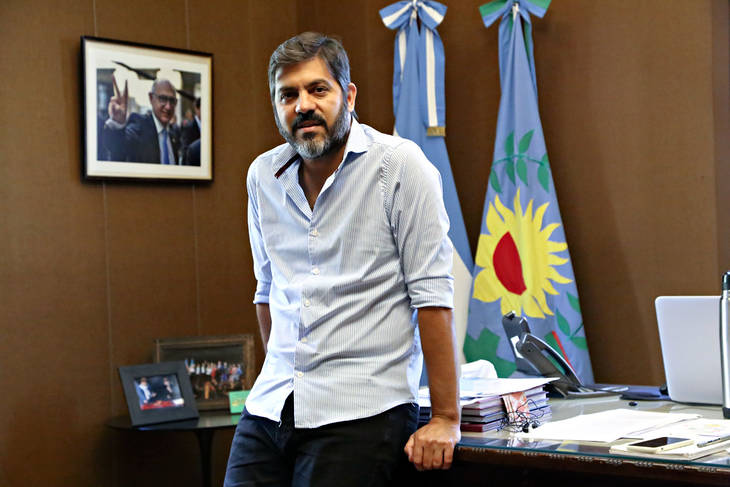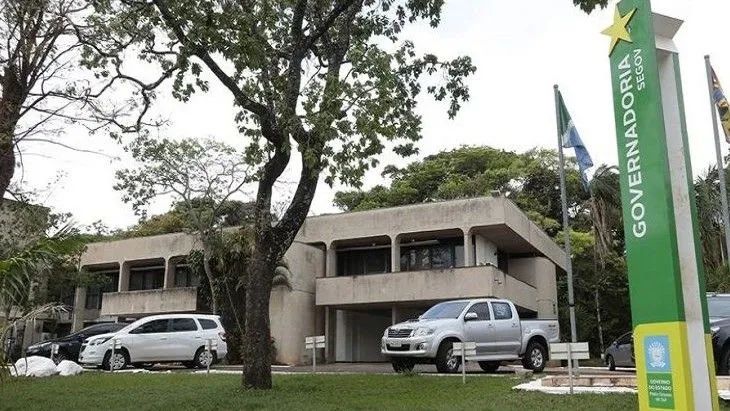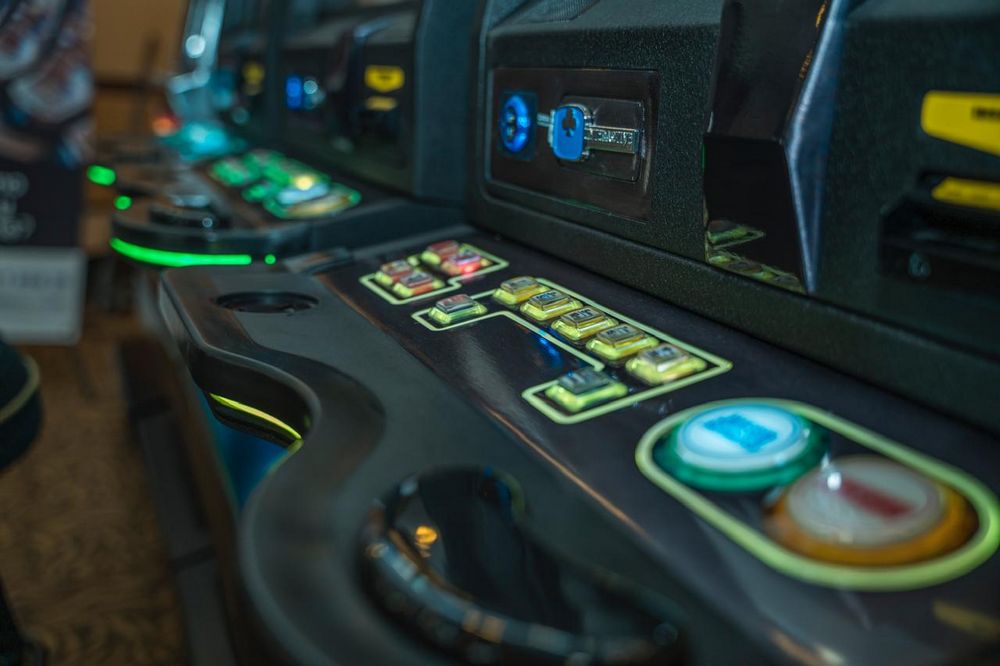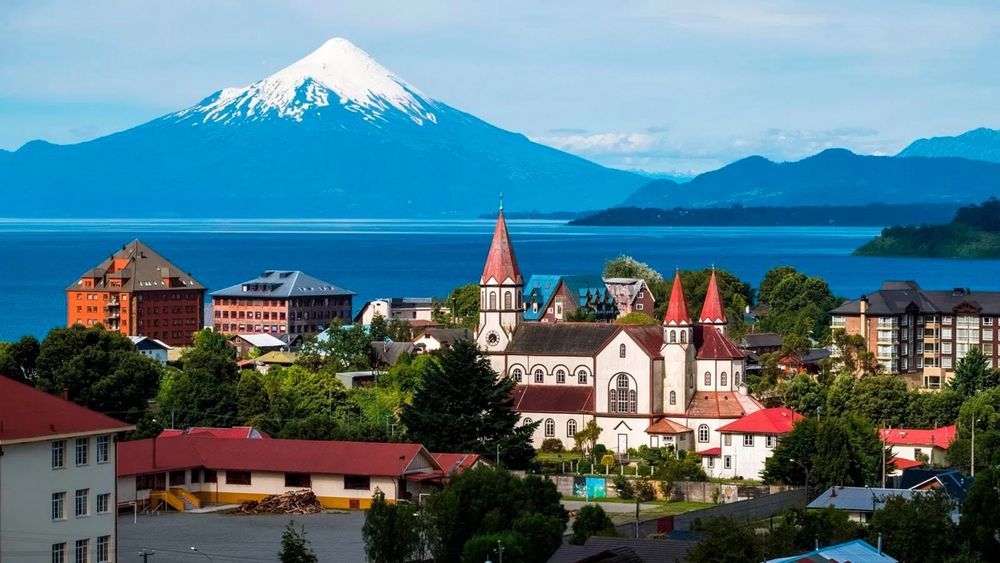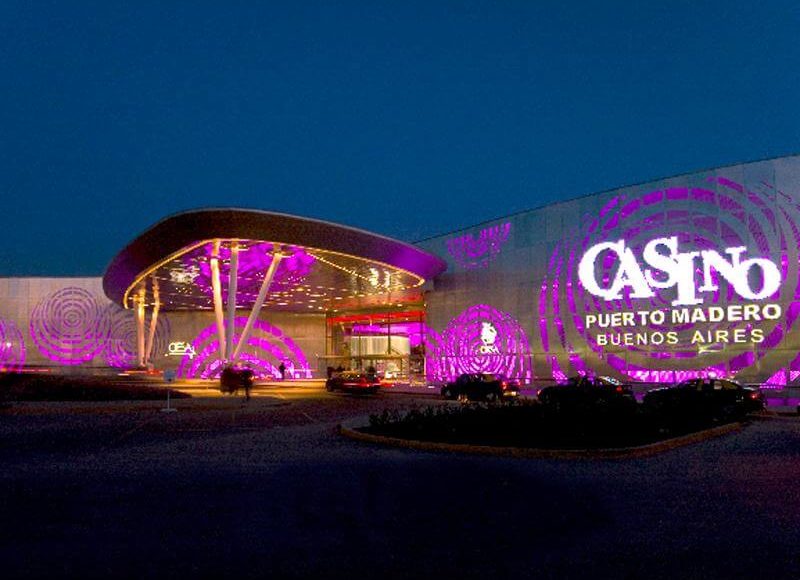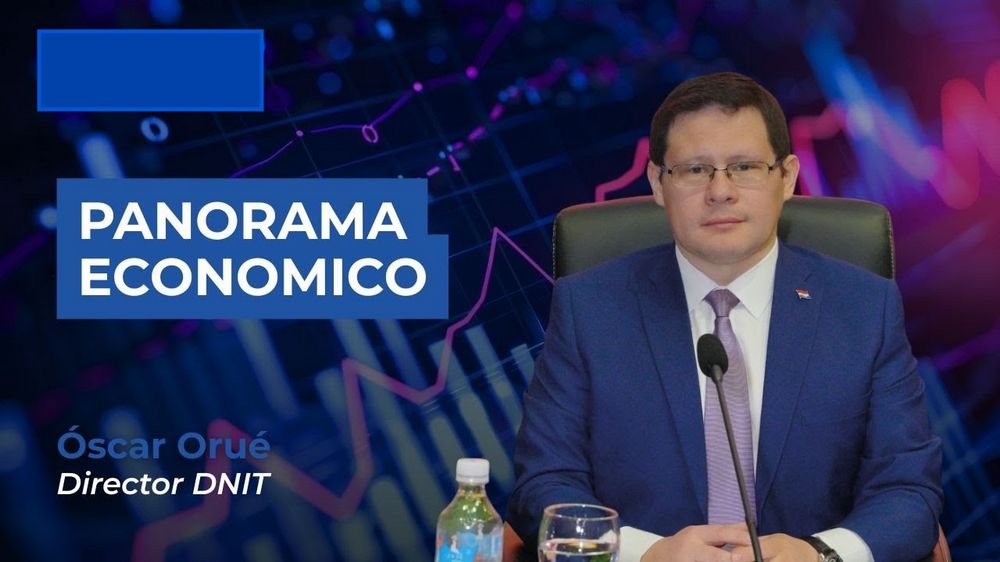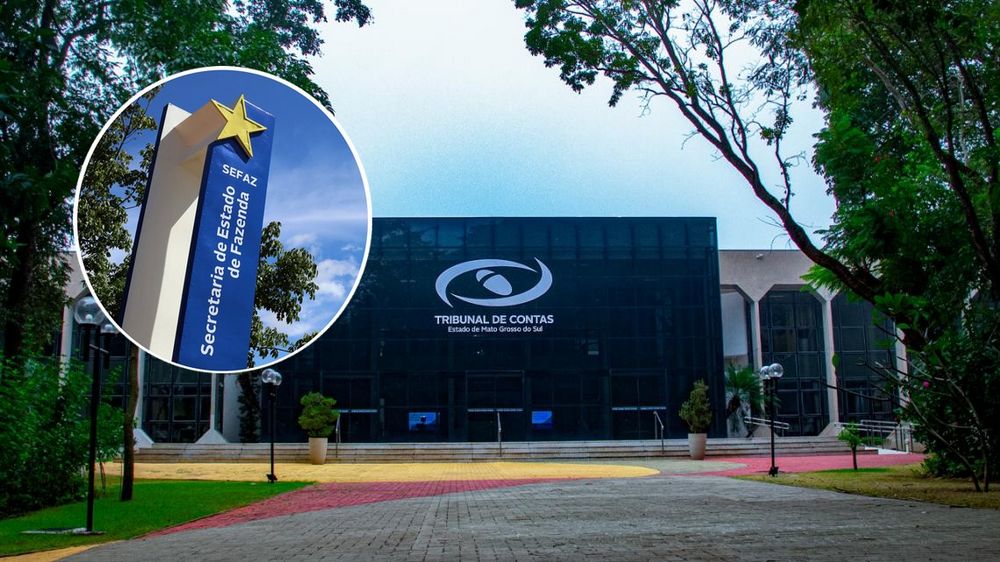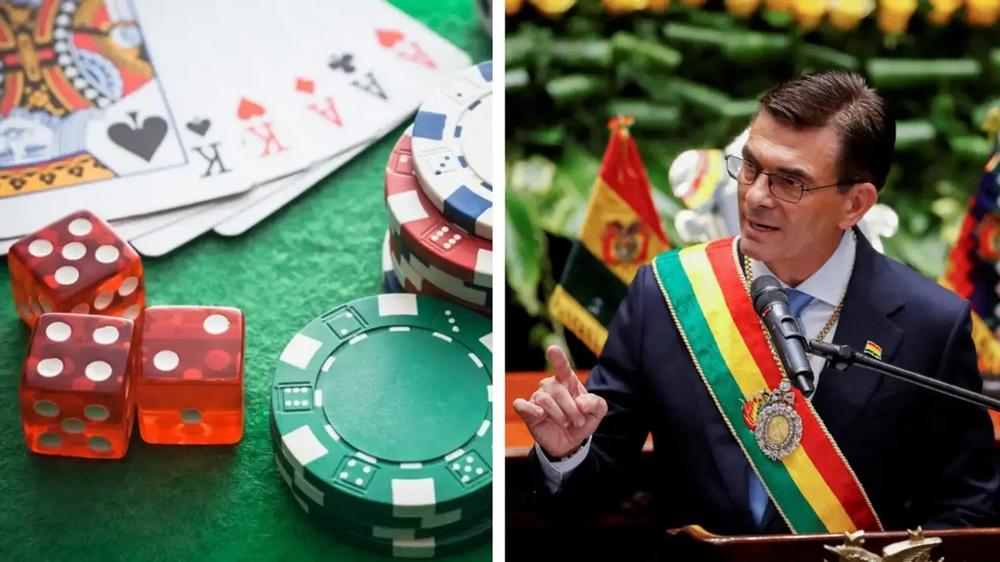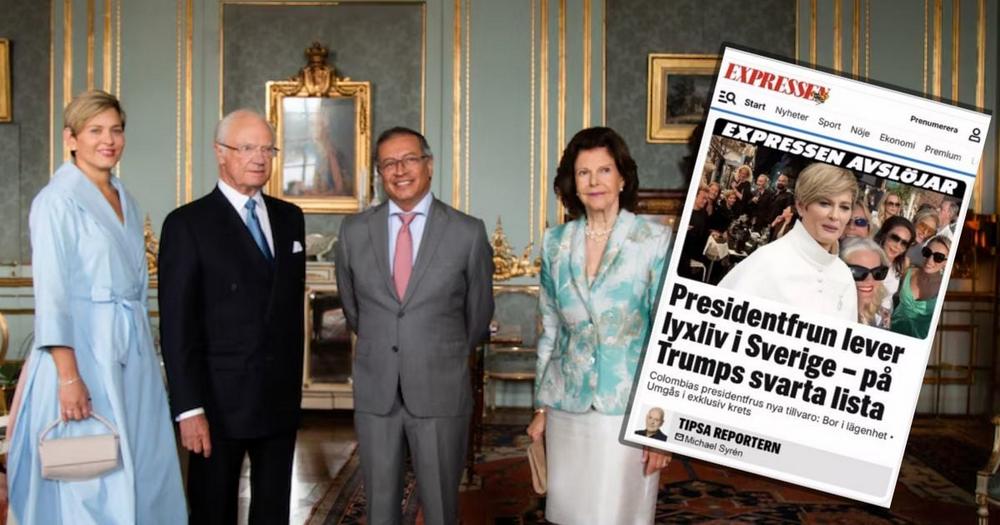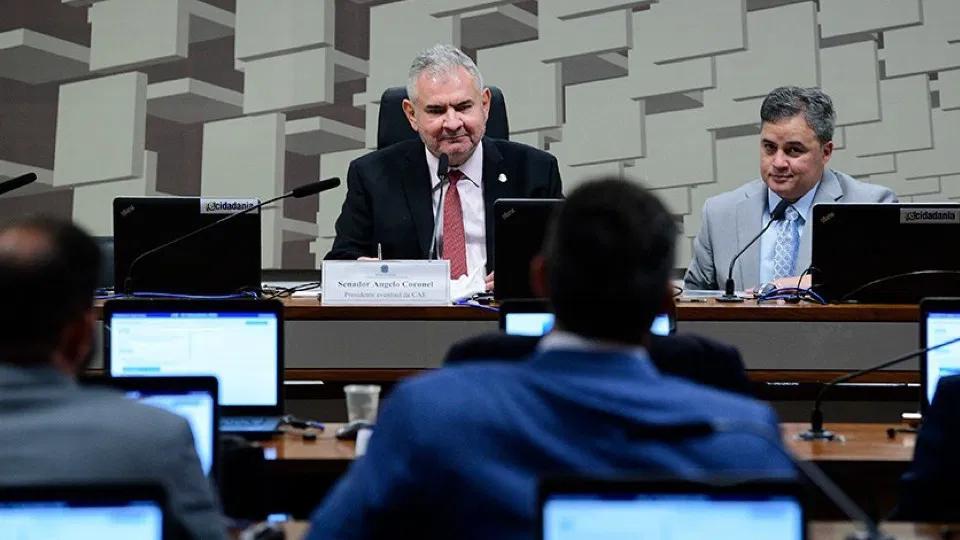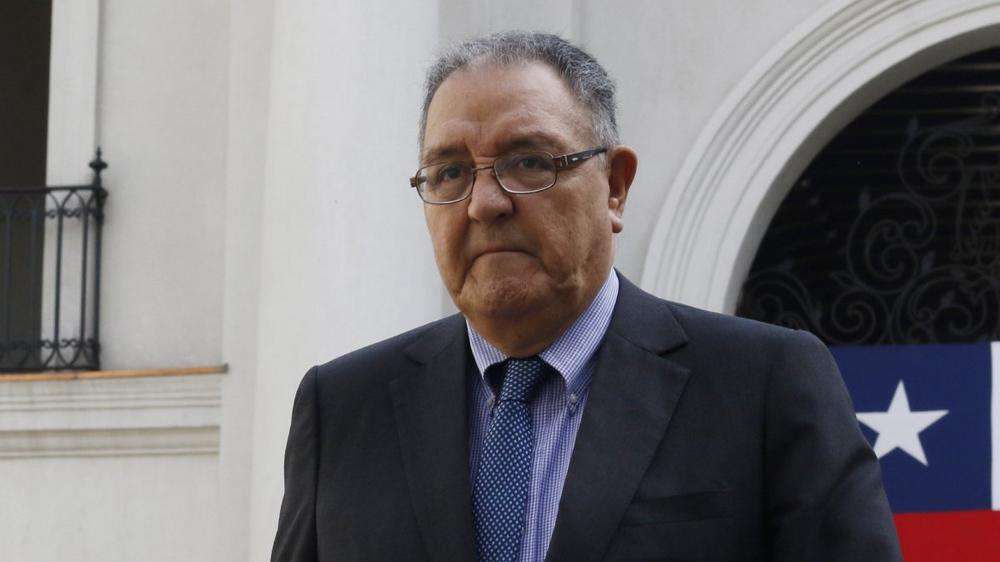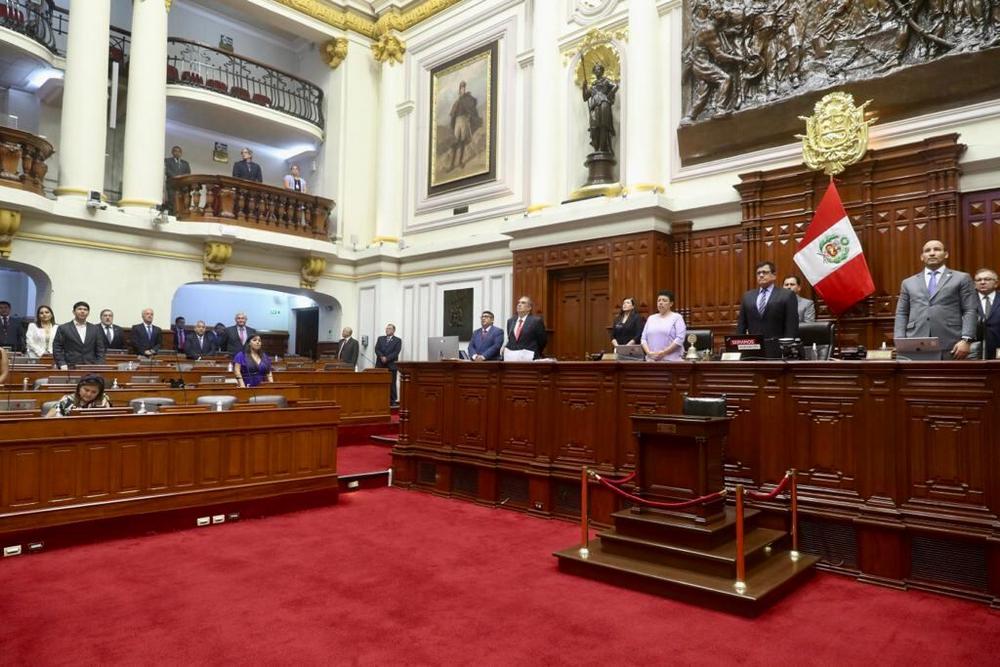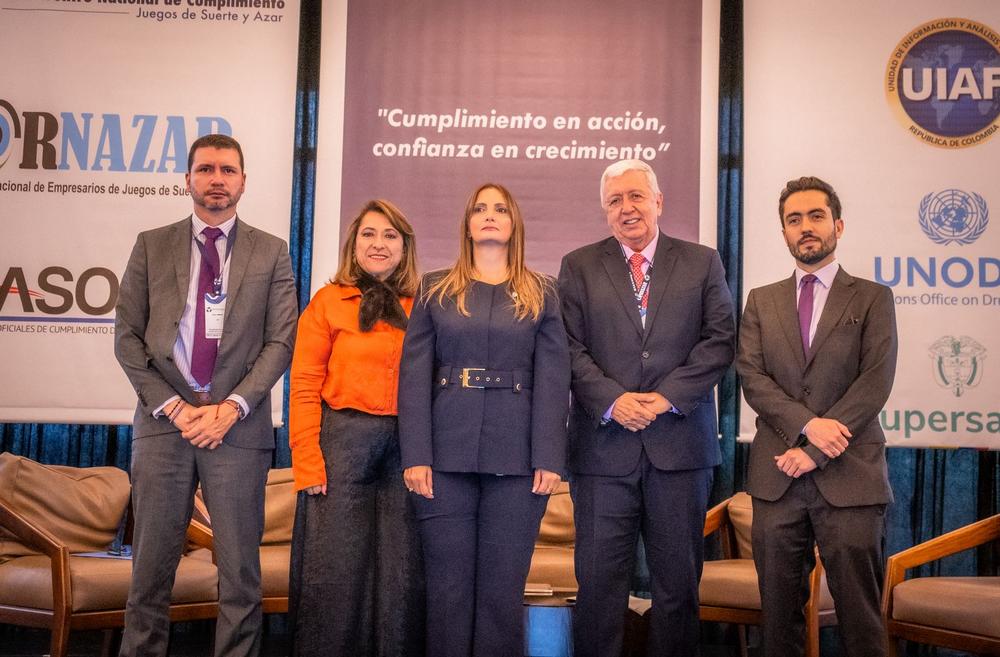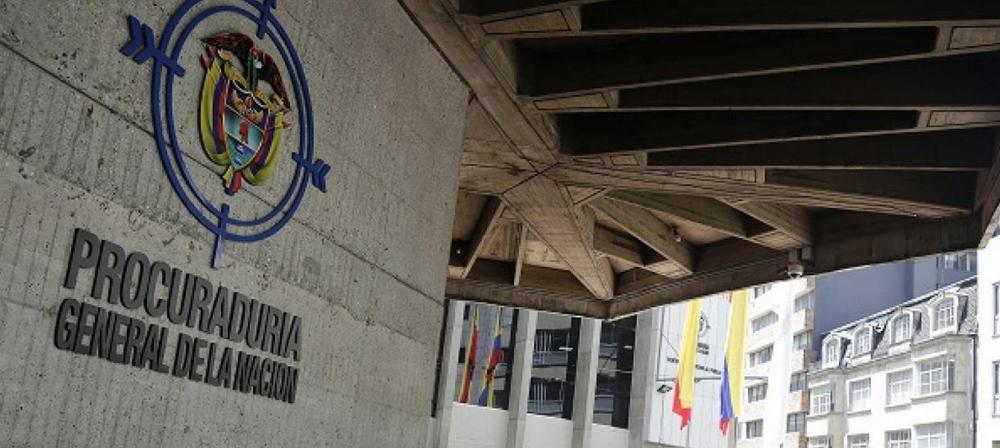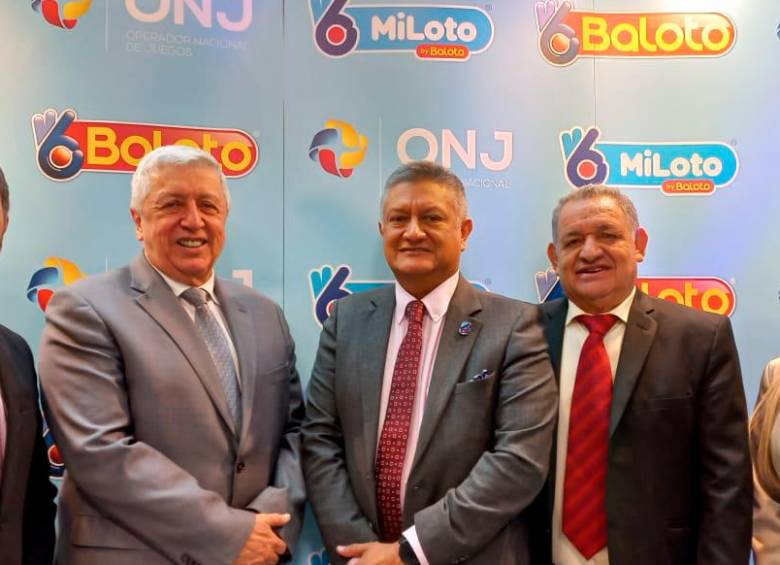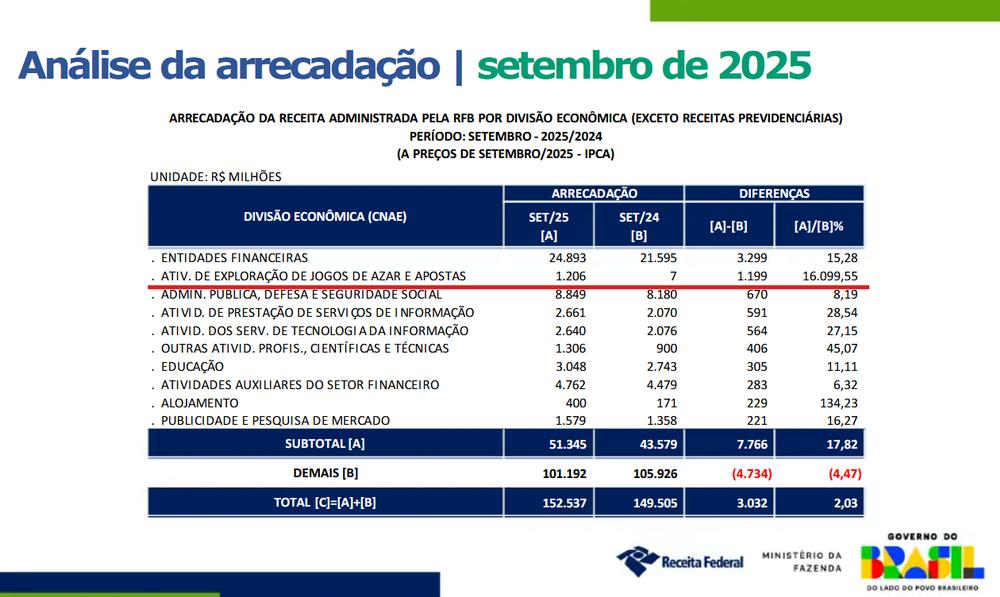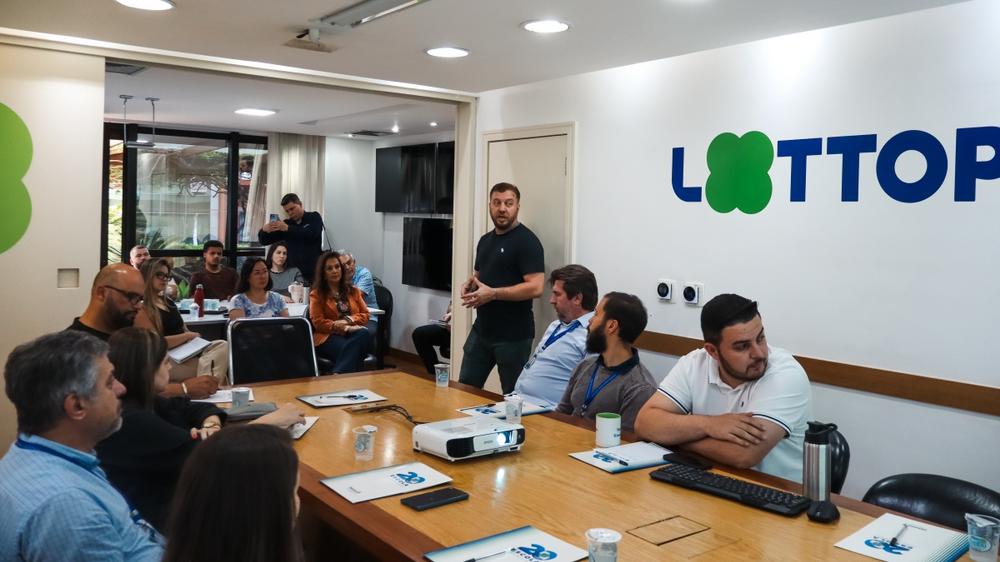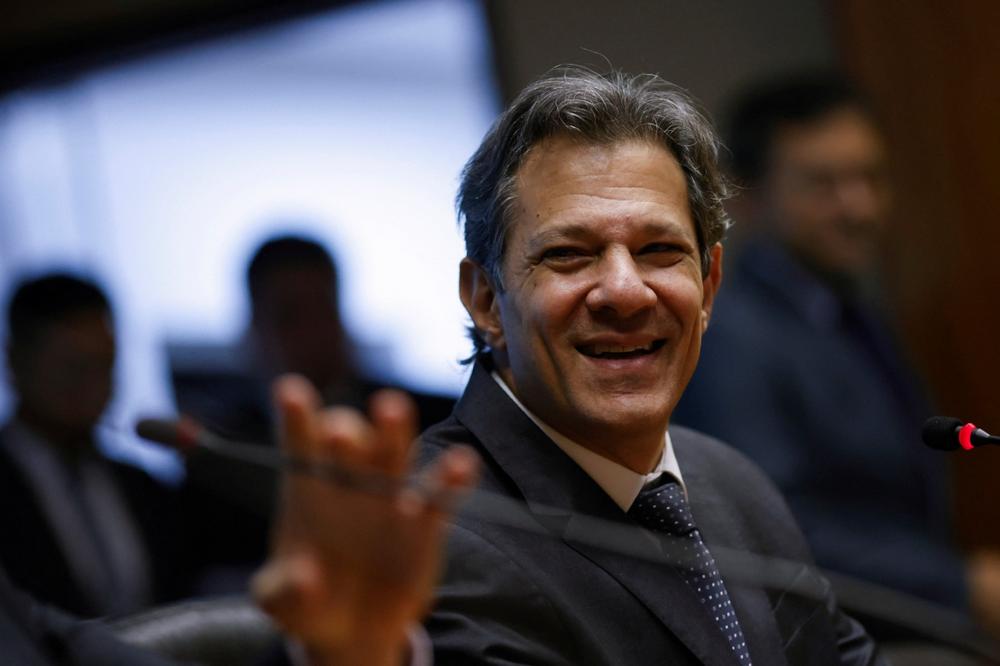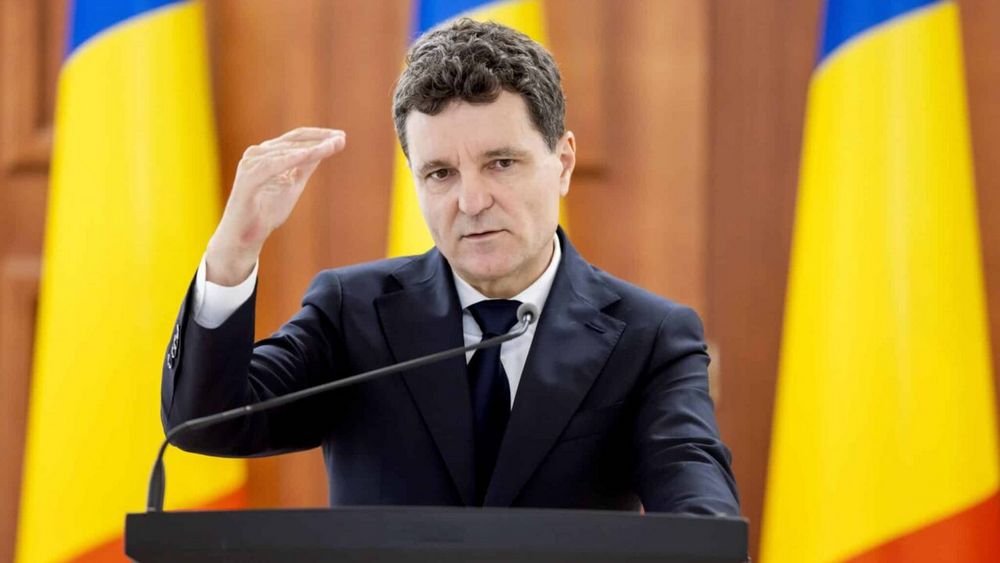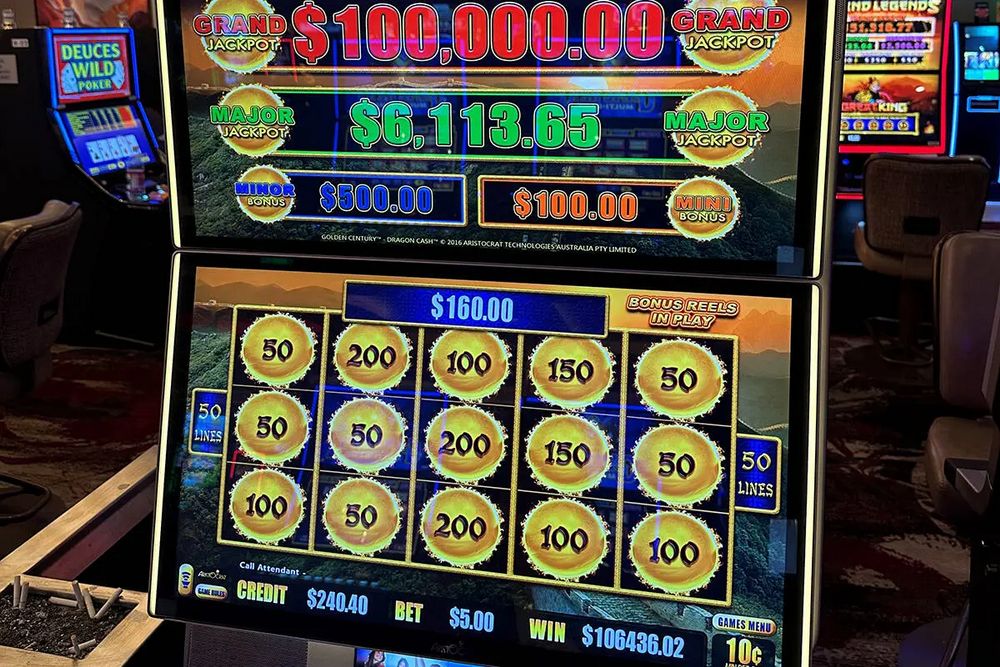Brazil is advancing toward legalizing physical gambling, with the Projeto de Lei 2234/22 aiming to authorize casinos, bingo halls, jogo do bicho, and horse race betting. Tourism Minister Celso Sabino anticipates Senate approval by February 2025, emphasizing the potential for economic growth and job creation.

In an interview with O Globo, Sabino highlighted the inconsistency of permitting online gambling platforms, often based abroad and not contributing to local employment, while prohibiting domestic establishments that could generate substantial jobs. He estimates that legalizing physical casinos could create between 600,000 and 1 million direct and indirect jobs.
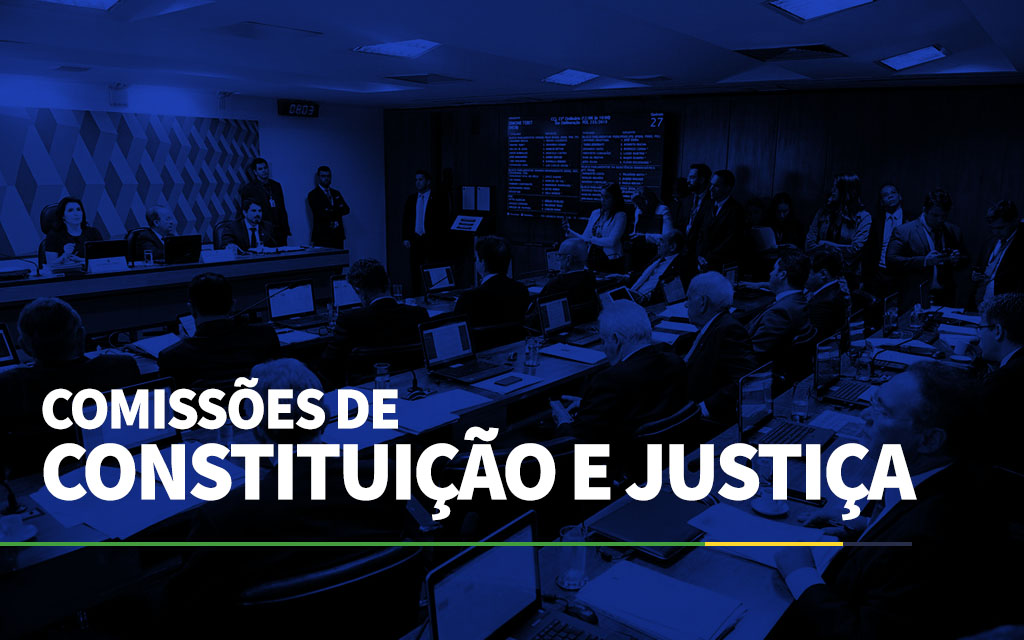
The proposed legislation, already approved by the Comissão de Constituição e Justiça (CCJ), is slated for Senate debate in early 2025. The bill proposes the establishment of casinos in tourist hubs and integrated leisure complexes, with a limit of one casino per state and the Federal District. Exceptions include São Paulo, permitted up to three casinos, and Minas Gerais, Rio de Janeiro, Amazonas, and Pará, each allowed up to two.
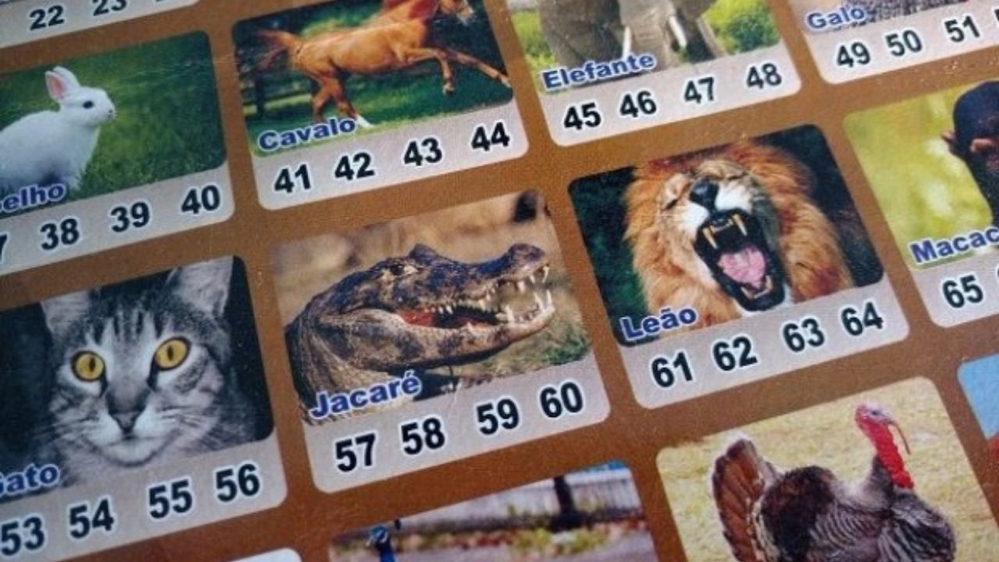
The bill also outlines regulations for bingo operations, both traditional and electronic, and stipulates that each state may license one entity per 700,000 inhabitants to operate jogo do bicho. Licenses would be valid for 25 years, renewable for an equal period. Horse race betting would be managed by entities accredited by the Ministry of Agriculture, which could concurrently operate bingo and video bingo games.
The federal government projects that legalizing physical gambling establishments could generate approximately R$22 billion (USD 3.5 billion) in annual tax revenue. This financial influx is seen as a significant boost to the national economy, potentially funding public services and infrastructure projects.
Despite support from President Luiz Inácio Lula da Silva and several ministers, the proposal faces opposition from certain Senate factions and religious groups. Critics express concerns over potential social issues, such as gambling addiction and financial instability among vulnerable populations. Notably, evangelical leaders have publicly opposed the bill, fearing it could lead to increased social problems.
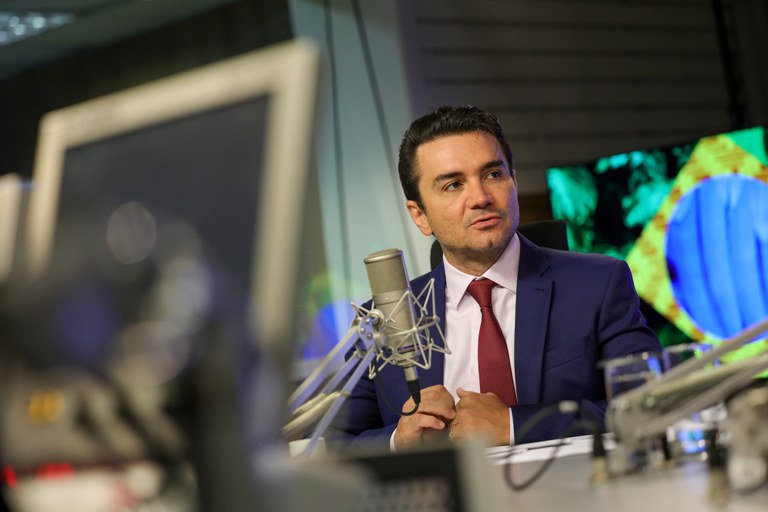
Minister Sabino remains optimistic about the bill's passage, aiming for approval before Carnival 2025. He continues to advocate for the economic and tourism benefits of regulated physical gambling, asserting that integrated resort-casinos could attract international visitors and stimulate local economies.
As the Senate prepares for debate, the future of Brazil's gambling industry hangs in the balance, with potential implications for economic development, employment, and social welfare.










